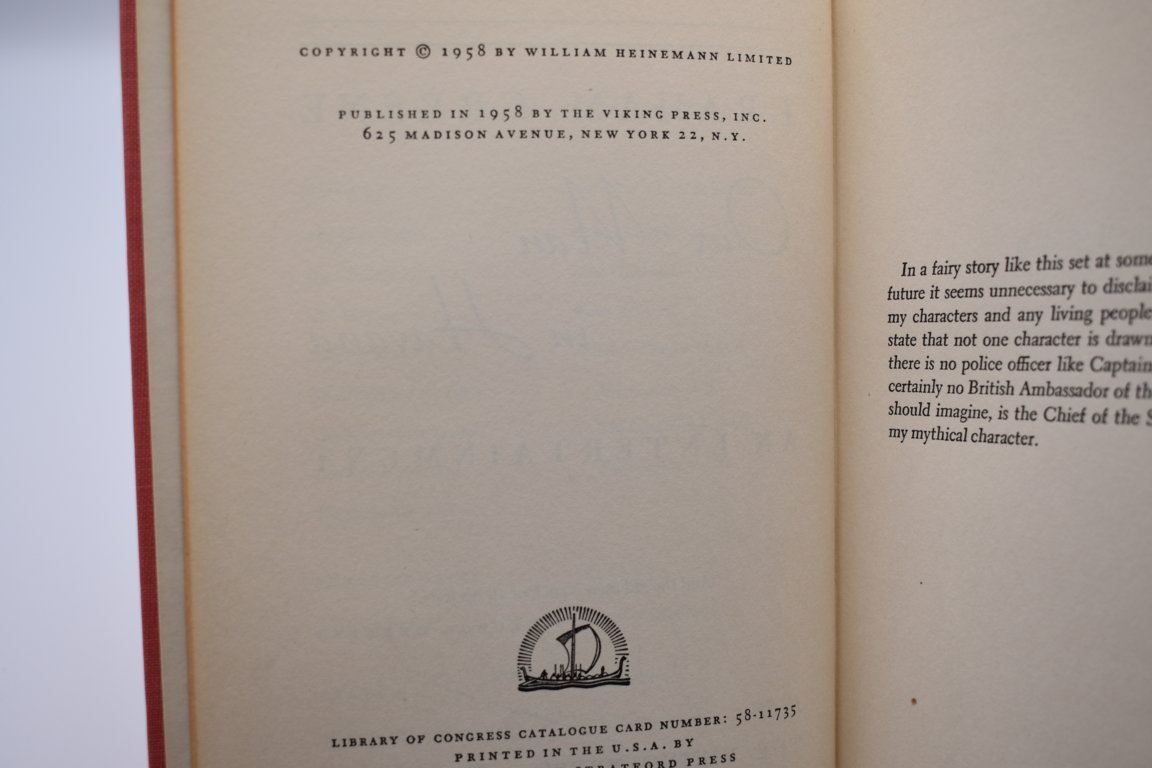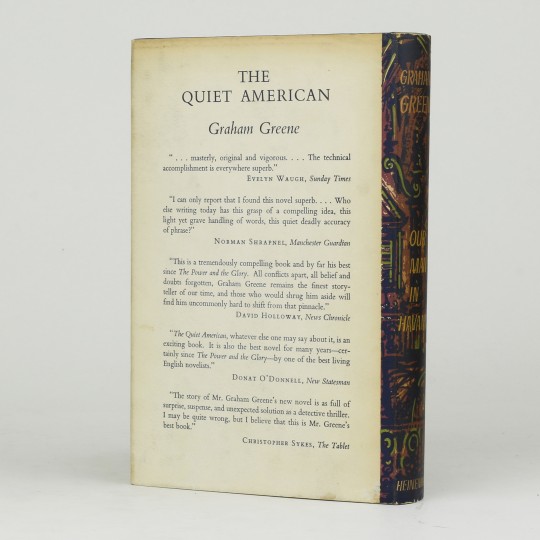
The protagonist is a man haunted by the bullies of his childhood, carrying the same formulas into adulthood: “Sometimes it is easier to run the risk of death than ridicule.”

Greene was no stranger to MI6, but viewed ‘the Service’ as a place of collapsing scenery and low comedy (had to take this from the Hitchens’ introduction – just too well said), and this story makes a bit of a mockery of how easy it was to hoodwink the organization when it keeps its own secrets too close for expert analysis. Our Man in Havana was published in October 1958, just a few months before Fidel Castro’s revolution. “People have a soft spot in their hearts for alcoholics.”Īs with The Quiet American, Greene shows almost uncanny prescience. “A big wardrobe stood open and two white suits hung there like the last teeth in an old mouth.”Īnd when debating whether or not another character should attend a dinner where it’s rumoured they will be poisoned, the merits of attending to keep up appearances while avoiding food are floated: When stumbling on one character in an old army uniform, particularly a character that has concealed their past and current allegiances, you’ll have this detail dropped into the middle of a scene: Our Man in Havana is one of his ‘entertainments’, though the humour is dark, and blacker still for its jarring context.

Graham Greene files his books broadly into two categories: novels and entertainments. It seemed to come from the wrong place like toothpaste when the tube splits.” You might take the figure of Captain Segura seriously, but then you’ll get a line thrown in like this: Wormold is a ridiculous figure on his own, but flanked by: Milly with her feigned religious zeal Dr Hasselbacher, a German friend with an unknown past who takes numerical superstition to a whole new level and Milly’s ‘boyfriend’, Captain Segura, otherwise known as the ‘Red Vulture’ for his reputation of torturing and interrogating, the dynamic becomes inscrutably ridiculous.

Wormold is a vacuum cleaner salesman, tasked with selling machines with names like the ‘Atomic Pile’ at a time of heightened tensions over nuclear programs, and in a country that experiences regular and prolonged power outages.Īnother Englishman approaches Wormold early in the story and curiously employs him to participate in a bit of espionage, despite Wormold’s complete lack of remotely related experience, which leads to a deep and twisted comedy of errors. Our Man in Havana centers on Wormold, an expatriate from England and single father of a slightly impish daughter, who herself is alternatively accompanied by an invisible duenna or setting fire to other children.


 0 kommentar(er)
0 kommentar(er)
